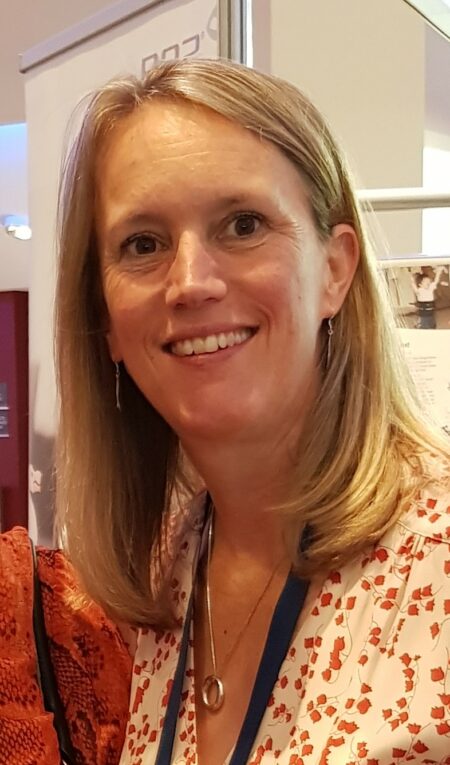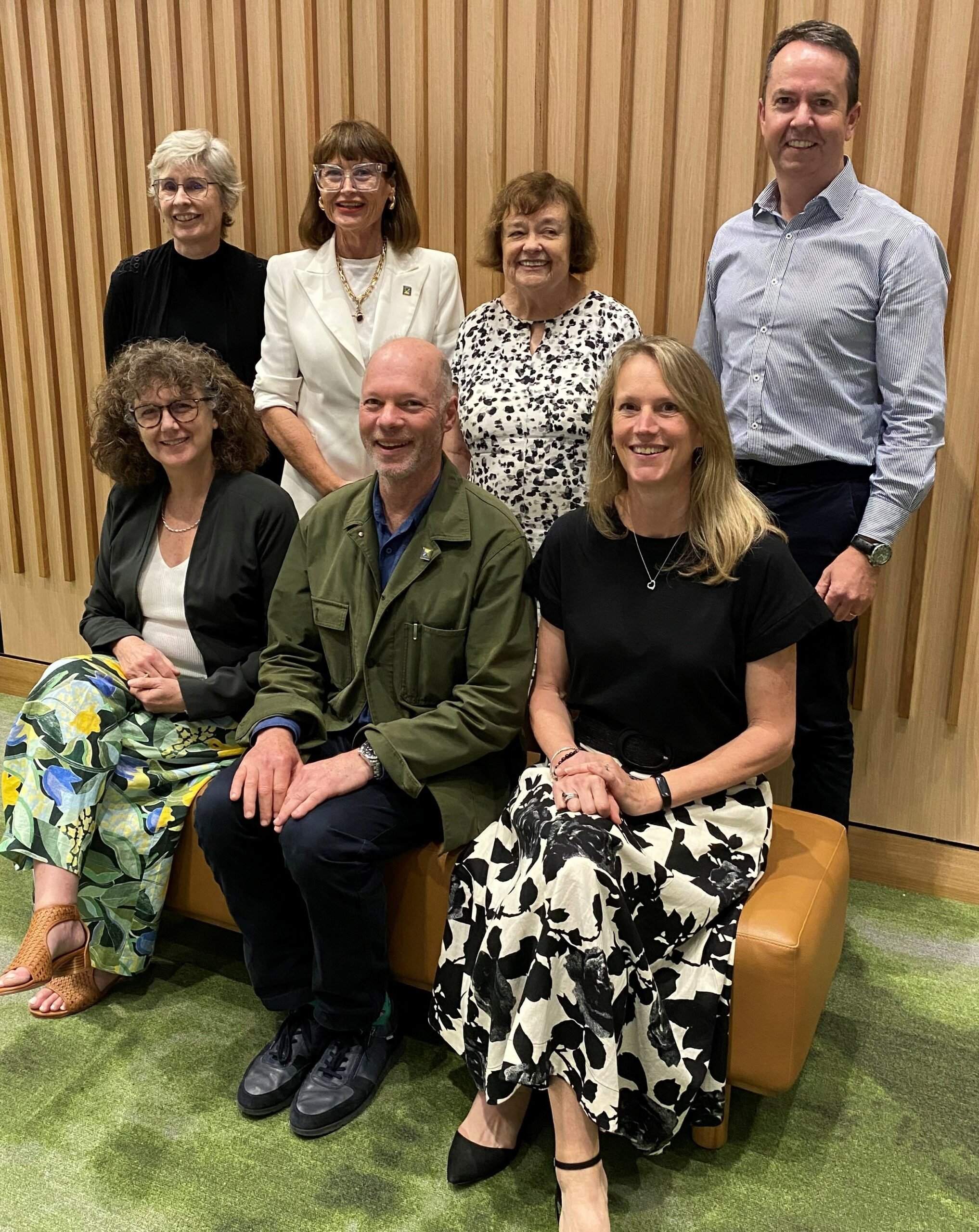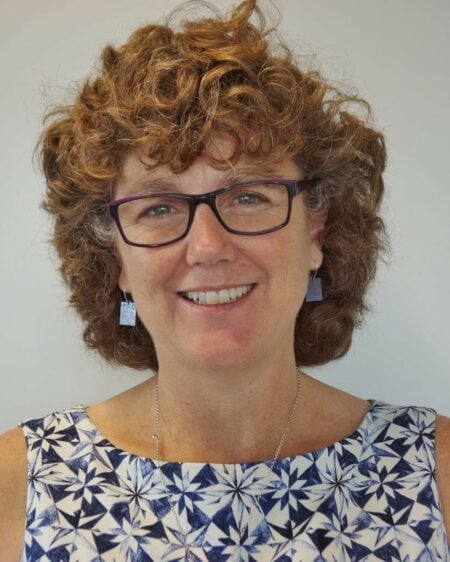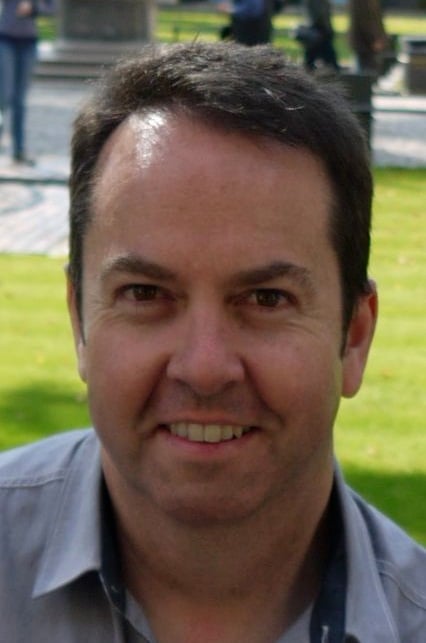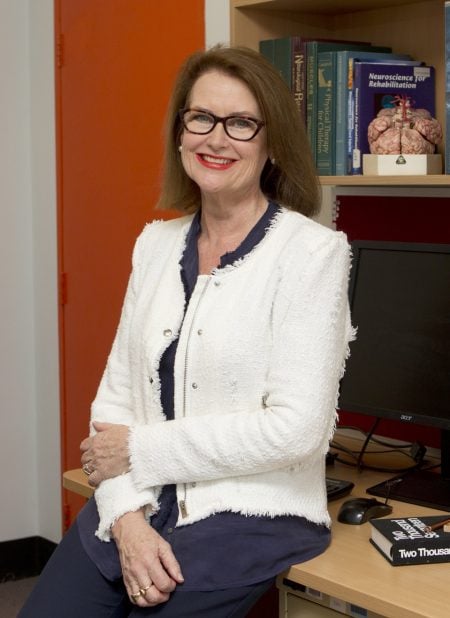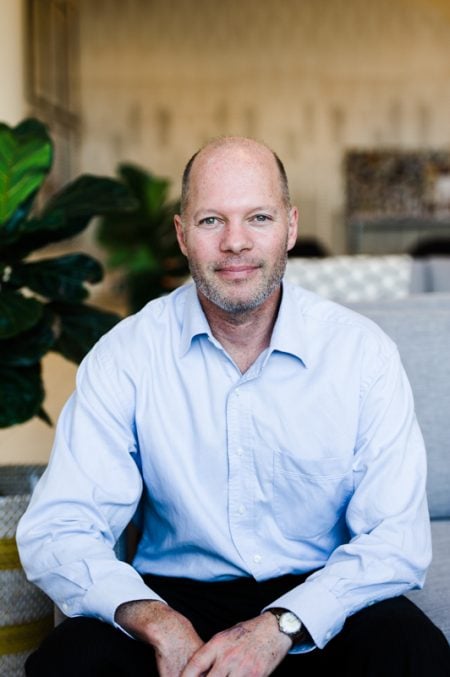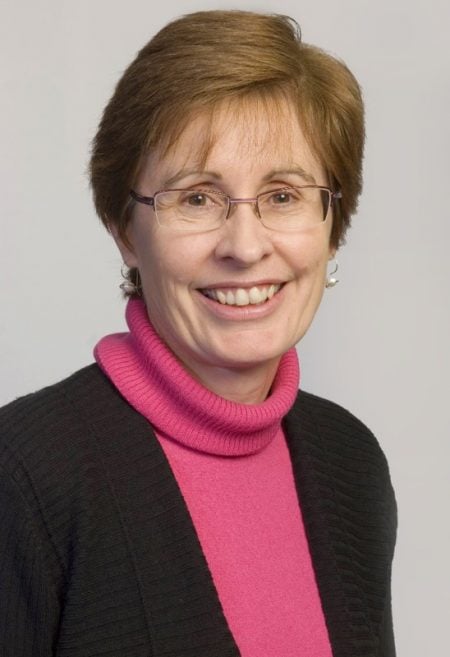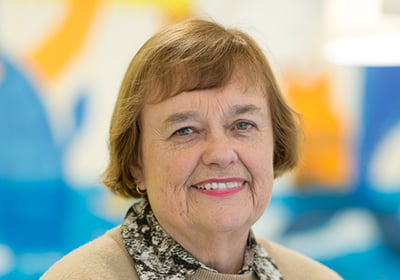Professor Dinah Reddihough (2002-2006)
A pioneering clinician, researcher and educator, Professor Dinah Reddihough MD BSc FRACP FAFRM AO is recognised as a key force for change in the field of developmental medicine. Dinah was one of the founding members of the AusACPDM and our first President. She held the position of AusACPDM President from 2002 – 2006.
Dinah has been a paediatrician involved in the clinical care of children with disabilities, particularly cerebral palsy, for more than thirty years. She is a consultant paediatrician at the Royal Children’s Hospital, Melbourne where she was Director of the Department of Developmental Medicine from 1986 until 2011. In addition, she is an Honorary Professorial Fellow in the University of Melbourne, Department of Paediatrics, and a Principal Research Fellow at the Murdoch Children’s Research Institute where she was Group Leader of the Developmental Disability and Rehabilitation Research group from 2000 until 2016.
Led by her determination that children with disabilities should be able to have the same expectations of care and measurable improvements in outcomes as other areas of medicine, she has challenged the healthcare system to have a significant impact on the lives of children with disabilities, and her achievements cannot be overstated.
Dinah has received multiple awards, including:
- the Howard Williams Medal from the Paediatrics & Child Health Division of the Royal Australasian College of Physicians, to officially acknowledge her outstanding contribution to improving the health of children and young people with cerebral palsy in Australia (2016);
- a Health Lifetime Achievement Award at the 2014 Victorian Public Healthcare Awards, for her contribution to the field of developmental medicine and for challenging the healthcare system to better meet the needs of children with disabilities throughout her 30+ year career;
- AO (Honorary Officer in the General Division of the Order of Australia) for services to medicine, particularly for children with cerebral palsy, and to research (2005);
- the Vernon Collins Medal (2016) and the Gold Medal (2000) from the Royal Children’s Hospital, Melbourne for her outstanding contribution to the hospital;
- the Australian Cerebral Palsy Association Distinguished Service Medal (1999).
As part of her commitment to improve knowledge and promote best practice in the field of cerebral palsy and developmental medicine, Dinah has developed a multidisciplinary research program focused on gaining an improved understanding of the causes and outcomes of childhood disabilities. She had the vision to found the Victorian Cerebral Palsy Register in the late 1980s. It has since grown to be one of the largest single population-based cerebral palsy registers in the world, contributing to over 100 research projects and publications (as of June 2017).
To take it to the next level, Dinah founded “Solve! At the RCH!”, a centre of developmental disability research’, in 2004. Its aim was to promote and raise funds for disability research at the Melbourne Children’s campus. Since then, the number of researchers working in the field and the disability-related research output from the campus has grown exponentially, and the centre was successful in securing funds for Australia’s first two Chairs in Developmental Medicine appointed in 2011 and 2016. These two positions will ensure ongoing research will be undertaken in the field of developmental medicine at the Melbourne Children’s campus.
To date, Dinah has been awarded 68 research grants totalling $6,845,776, including leading the first NHRMC-funded Centre for Research Excellence in Cerebral Palsy (2013-18), which is bringing together leading researchers, clinicians and consumers in a concerted effort to bring about change in the management and treatment of cerebral palsy. She has authored 167 peer reviewed publications, including 151 journal articles and 16 book chapters (as of June 2017). She is passionate about teaching students from a range of disciplines, and has supervised many higher research degree students, including PhD students, to completion.
